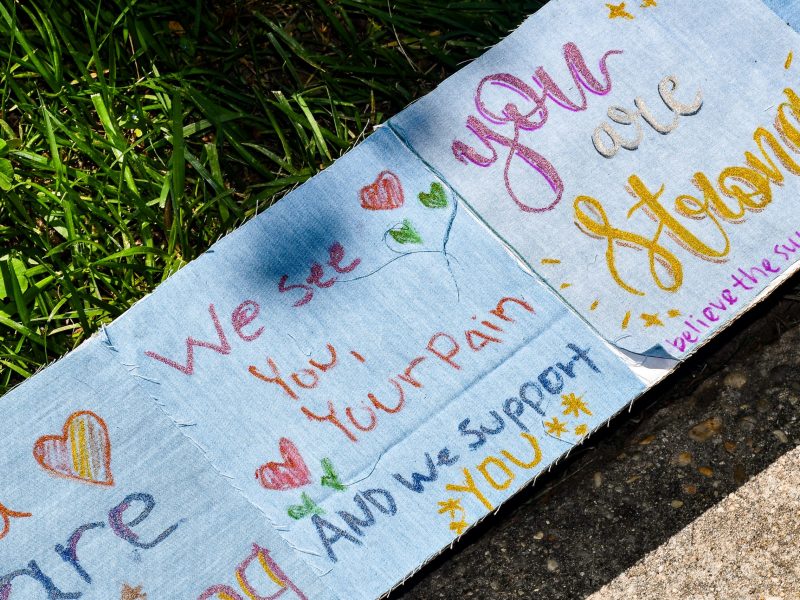At the University of Maryland, results from the Counseling Center research team’s annual survey of new students over the summer reflect a grim, nationwide trend: As the coronavirus pandemic upturns financial systems and continues to sicken thousands every day, people are reporting spikes in anxiety, depression and general feelings of distress.
According to Yu-Wei Wang, the center’s research director, 99 percent of the survey’s respondents said they had experienced adverse effects from the pandemic, with many reporting blows to their mental, physical and social health. Marginalized student groups overall — including those from lower socioeconomic backgrounds, racial and ethnic minorities and first-generation college students — reported experiencing worse effects from their peers.
The survey, which was sent out to incoming students after they completed orientation and remain open until the first day of classes, also revealed negative strategies used by students to cope over the summer — such as relying on drugs and other substances or slumping into denial — were associated with worse states of mental well-being.
However, despite these findings, Wang and Counseling Center director Chetan Joshi emphasized the survey revealed positives as well. It also demonstrated the resilience of the new students, they said, with some describing the ways in which they had grown over the past few months and how much they had learned.
“Here’s clear evidence of students making meaning out of their experience and growing as a result of this and demonstrating very strong resilience,” Joshi said. “I just felt incredibly proud when I heard about how students are adapting and coping with this.”
An analysis of the survey’s results also revealed students had developed similar ways to maintain their mental well-being over the summer and help thwart the stress caused by the pandemic, Wang said. As the dragging election further exacerbates pandemic-related anxiety, here are seven healthy coping strategies — some more specific to the coronavirus, some not — endorsed by new students at this university.
[UMD experts advise students on taking care of their mental health during the pandemic]
- Seek Social Support — Reach out to friends and family for help, advice and emotional support. Under normal circumstances, students could go hang out on the mall or get lunch together, Joshi said, but those things can’t happen as easily anymore. Giving friends a call or scheduling a movie night over Zoom can help you engage socially.
- Practice Active Thinking and Planning — Consider what is in your control and what is not, and think about the steps you can reasonably take to improve the situation. For example, if you are not getting enough sleep, you can set a time to go to sleep at night and stick with it for two weeks, Joshi said.
- Practice Acceptance — The survey found that students who tried to deny the new reality imposed by the pandemic fared worse mentally than those who accepted it. It’s also important for us to accept that there are limitations to what we can do, Wang said.
- Take The Time To Practice Self-Care — Even if just for a few minutes, taking time to get out of the daily grind and do something you enjoy can work wonders for your mental well-being. Activities such as exercise and gardening have helped students, Wang said.
- Practice Positive Thinking — Consider whether there may be something positive you can take away from the situation you’re facing. While reframing your perspective may be difficult, Wang said, it can help remove stress by seeing opportunities rather than challenges.
- Lean On Your Faith — If you’re religious, praying or other spiritual practices can be useful. If not, meditation and mindfulness exercises were cited by students as good coping strategies. These can help you focus on the present and take the time to check in with your thoughts.
- Practice Altruism — Volunteering, making donations and sewing masks for others are ways to engage in altruism. By contributing to causes you care about, you can create positive meanings from your experiences, Joshi said.
[UMD student affairs VP Patty Perillo discusses student mental health during RHA meeting]



